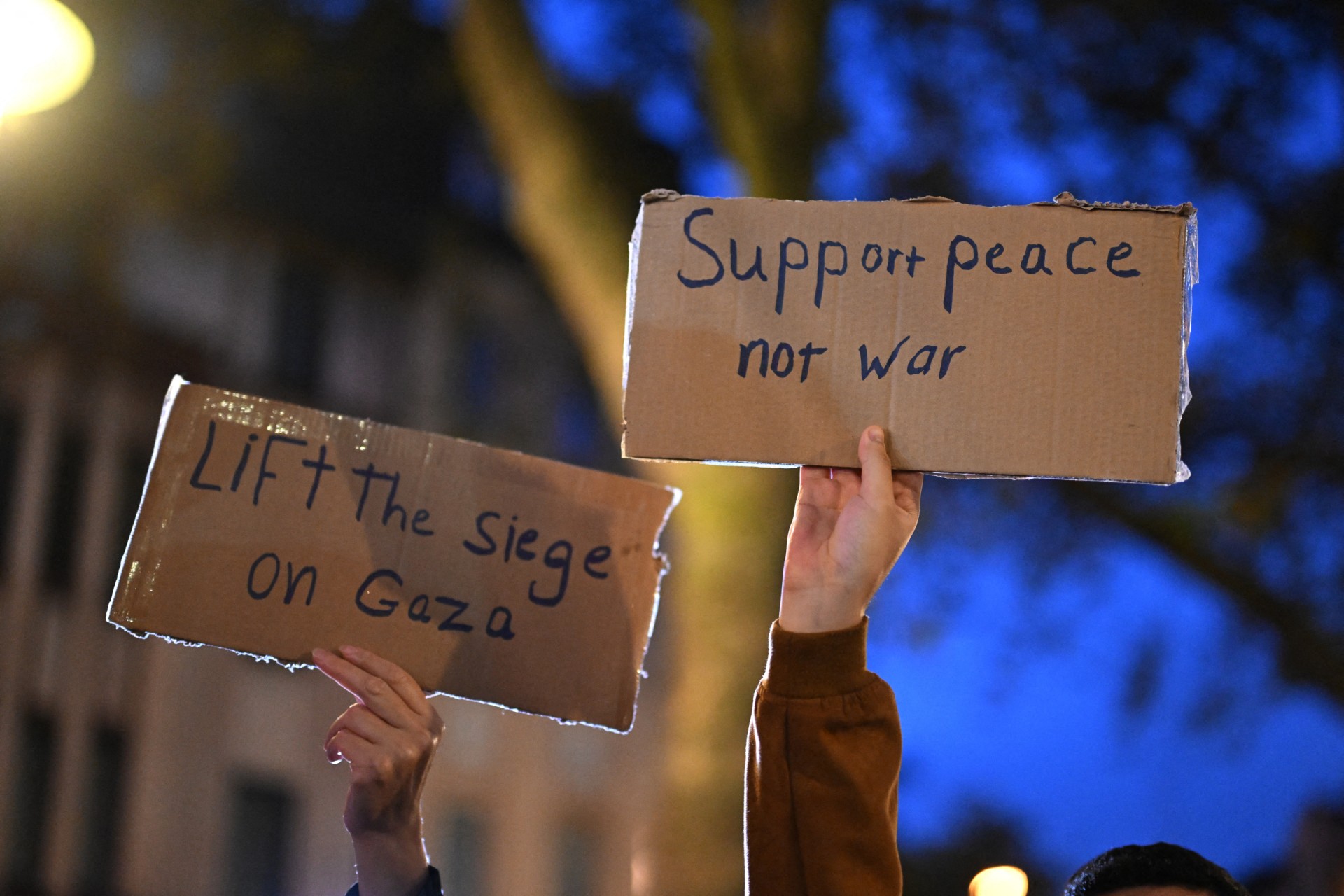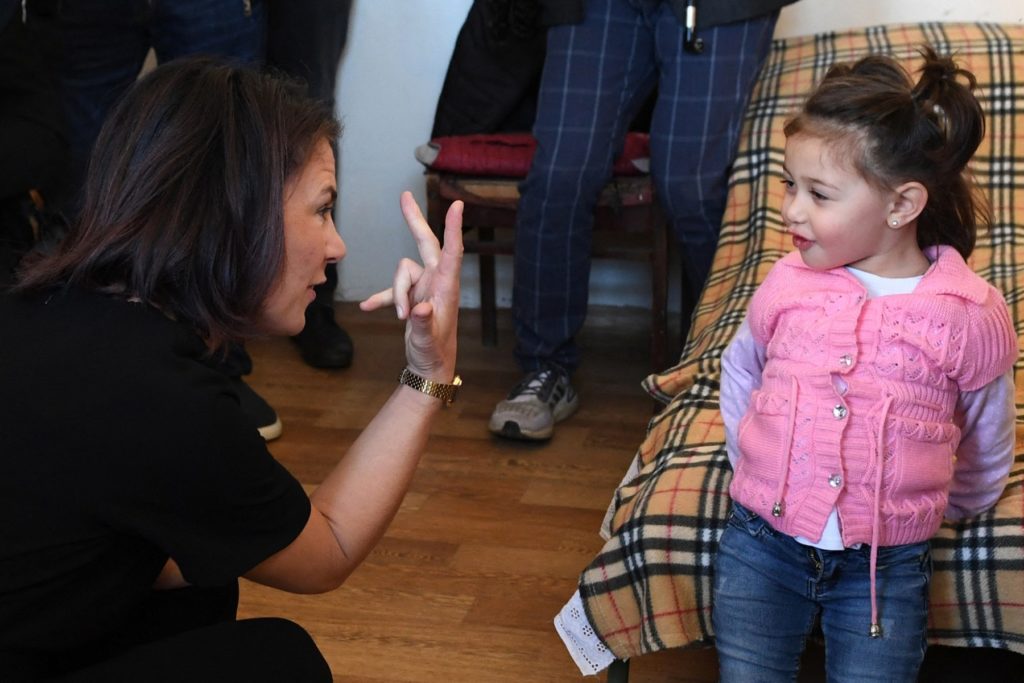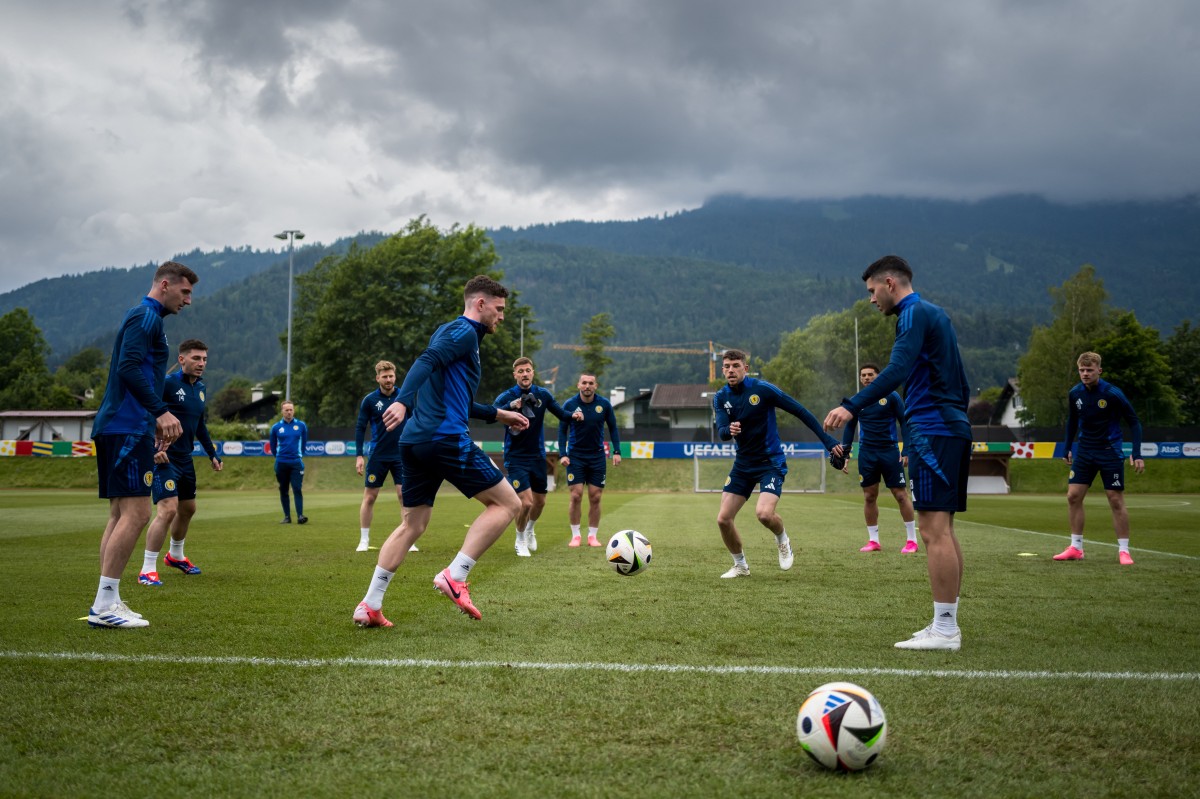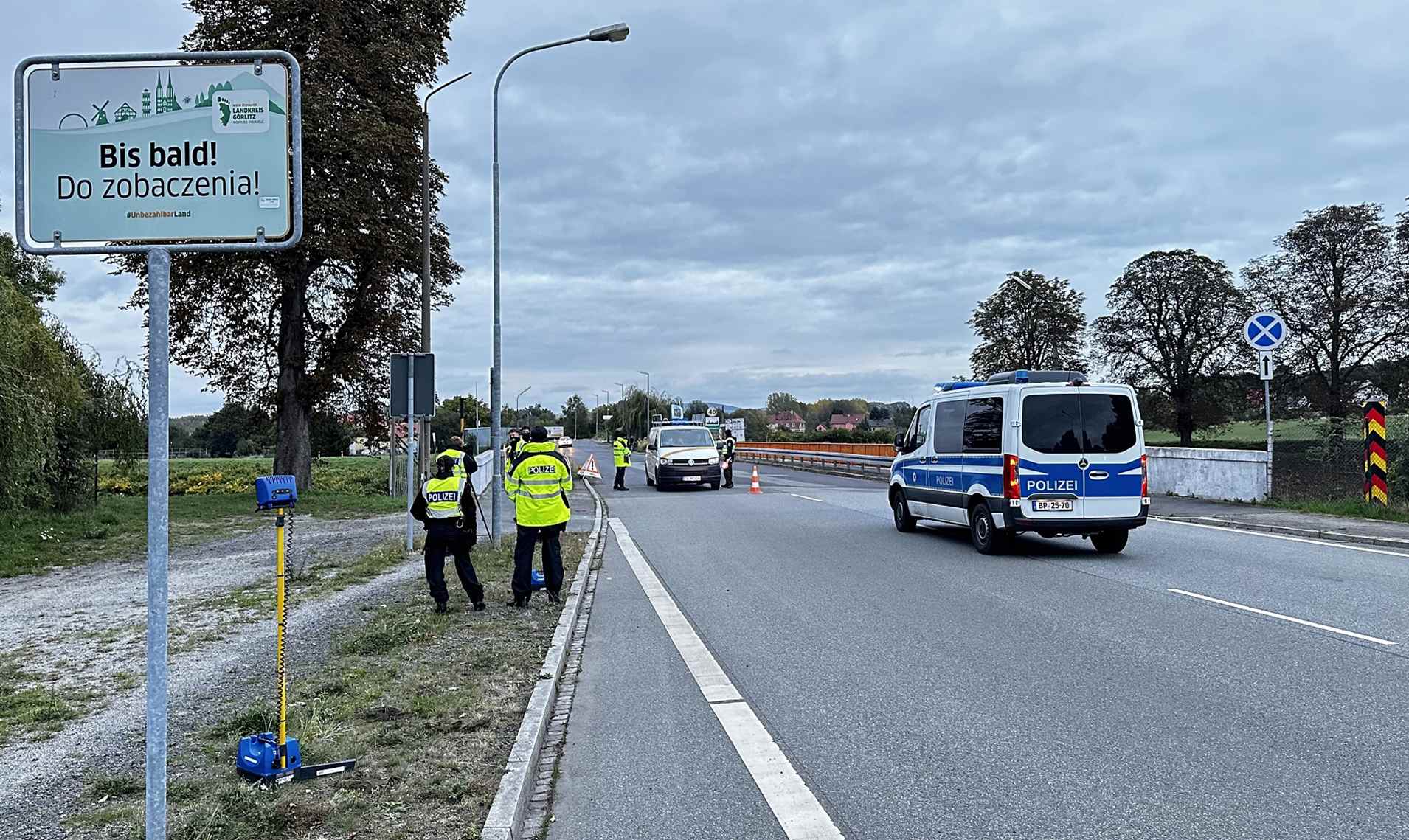Tesla’s German factory gets approval for extension
Tesla said its plans to extend its production site in Brandenburg near Berlin had been approved, overcoming strong opposition and protests from residents and environmental activists.
The US electric car manufacturer said it was “extremely pleased” that local officials in the town of Grünheide, where the factory is located, had voted to approve he extension.
Tesla opened the plant – its only production location in Europe – in 2022 at the end of a tumultuous two-year approval and construction process.
The carmaker had to clear a series of administrative and legal hurdles before production could begin at the site, including complaints from locals about the site’s environmental impact.
Plans to double capacity to produce a million cars a year at the site, which employs some 12,000 people, were announced in 2023.
The plant, which already occupies around 300 hectares (740 acres), was set to be expanded by a further 170 hectares.
But Tesla had to scale back its ambitions to grow the already massive site after locals opposed the plan in a non-binding poll.
Their concerns included deforestation required for the expansion, the plant’s high water consumption, and an increase in road traffic in the area.
In the new proposal, Tesla has scrapped plans for logistics and storage centres and on-site employee facilities, while leaving more of the surrounding forest standing.
READ ALSO: Why is Tesla’s expansion near Berlin so controversial?
Severe storms cause disruption in southern Germany
Storms hit parts of Germany on Thursday evening, causing damage in some areas.
In Nuremberg, Bavaria, many roads became flooded resulting in traffic chaos. Cars got submerged in water and bus routes were cancelled.
A number of cellars in households were also flooded due to the heavy rainfall. Another complicated operation had to be dealt with at the Technical University, where a large underground car park was submerged in water.
Emergency services dealt with 300 call-outs in Nuremberg alone in the first three hours of the storm. Call-outs continued late into the night.
Forces from Fürth and the district of Nürnberger Land were also called in to assist. According to initial information, no one was injured as a result of the weather. By the evening, the German Weather Service (DWD) had lifted all warnings.
Investigation of far-right MP ramps up
German officials said on Thursday they had raided properties as part of a bribery probe into an MP, who media report is a far-right AfD lawmaker accused of spreading Russian propaganda.
The investigation targets Petr Bystron, the number-two candidate for the Alternative for Germany (AfD) party in next month’s European Parliament elections, Der Spiegel news outlet reported.
Police, and prosecutors in Munich, confirmed on Thursday they were conducting “a preliminary investigation against a member of the German Bundestag on the initial suspicion of bribery of elected officials and money laundering”, without giving a name.
READ ALSO: Germany raids properties in bribery probe aimed at AfD politician
Properties in Berlin, the southern state of Bavaria and the Spanish island of Mallorca were searched and evidence seized, they said in a statement.
Last month, Bystron denied media reports that he was paid to spread pro-Russian views on a Moscow-financed news website, just one of several scandals that the extreme-right anti-immigration AfD is battling.
Pro-Palestine solidarity group banned as Foreign Minister urges protection of civilians in Rafah
North Rhine-Westphalia’s interior ministry has banned and dissolved the Palestine Solidarity Duisburg association and confiscated its assets. On Thursday around 50 police officers were called to raid several apartments of four officials of the association – laptops, mobile phones, club documents and cash had been confiscated.
The group was known for organising protests against what it calls Israeli “apartheid” and “genocide” against Palestinians. On its website, it had platformed other pro-Palestinian groups, including some Jewish organisations.
The association was also active on social media channels on Tiktok, Telegram, Facebook and Instagram, where it had previously complained about German police forces censoring its protests.
READ ALSO: PODCAST – Why is Germany coming down hard on Palestine solidarity protests?
NRW Interior Minister Herbert Reul (CDU) explained the state’s justification for banning the group: “The association openly advocates any form of Palestinian resistance – including the armed struggle of the terrorist organisation Hamas against Israel.”

Meanwhile, German Foreign Minister Annalena Baerbock on Thursday urged greater protection of civilians in Rafah, as the Israeli army intensified its operations around the southern city in Gaza.
Baerbock said in a statement she was “deeply concerned about the Israeli army’s current actions in Rafah”, and that hundreds of thousands of refugees in the city “no longer have any safe places to flee”.
Germany, a close ally of Israel’s, would “stand up for Israel’s security”, Baerbock said. But Germany’s support for Israel also meant “doing everything to ensure Israel does not lose itself in this war…We have underlined that military self-defence must be directed at the terrorists of Hamas and not at innocent Palestinian children, women and men.”
German team coach has selected 27 players for Euro 2024
Germany coach Julian Nagelsmann said he had struck the right balance his Euro 2024 squad.
Nagelsmann named 27 players for the home tournament, with the squad to be cut to 26 after friendlies against Ukraine on June 3 in Nuremberg and Greece four days later in Moenchengladbach.
At the announcement made in downtown Berlin just near the famous Brandenberg Gate, Nagelsmann said the 34-year-old Mueller — who he coached at club level during his stint as Bayern Munich manager — tied the group together.
“Thomas is a connector, he can connect the groups together. He can link the rappers with the yodellers.”
READ ALSO: Euro 2024 – What you can expect in Germany during Europe’s biggest football frenzy
With reporting by DPA and Paul Krantz






 Please whitelist us to continue reading.
Please whitelist us to continue reading.
Member comments